PHENYLBUTAZONE (200mg/ml) (also known as bute) is a non-steroidal anti-inflammatory drug. It also has analgesic (pain relieving) and antipyretic (fever-reducing) effects and is indicated for the treatment of a wide range of musculoskeletal disorders, including muscular sprain and strain, tendonitis, muscular overuse (including both muscular damage and strain/damage of the tendons attaching muscles to bone), arthritic conditions and acute joint injury/strain/sprain. phenylbutazone phenylbutazone phenylbutazone
For: Horses
Indications: For relief of inflammatory conditions associated with the musculoskeletal system in horses. Controls pain from injuries, infections, laminitis or virtually any other source of pain.
The analgesic effects are related mainly to the compound’s anti-inflammatory properties.
Active ingredient: Contains 200 mg phenylbutazone, 1.5% benzyl alcohol and purified water per ml.
100 ml Vials, 200 Mg/ml (1g/5ml)
Dosage and Administration: Intravenously (IV) ONLY. 1 to 2g per 1,000 lbs of body weight (5-10 ml/1,000 lbs) daily. should be given slowly and with care. Limit intravenous (IV) administration to a maximum of 5 successive days, which may be followed by oral phenylbutazone dosage forms.
Guidelines:
1. Use a relatively high dose of PHENYLBUTAZONE for the first 48 hours, then reduce gradually to a maintenance dose. Maintain lowest dose capable of producing desired clinical response.
2. Response to PHENYLBUTAZONE therapy is prompt, usually occurring within 24 hours. If no significant clinical response is evident after 5 days, re-evaluate diagnosis and therapeutic approach.
3. In animals, PHENYLBUTAZONE is largely metabolized in 8 hours. It is recommended that one third of the daily dose be administered at 8 hour intervals. Reduce dosage as symptoms regress. In some cases, treatment may be given only when symptoms appear with no need for continuous medication. If long-term therapy is planned, oral administration is therefore suggested.
4. Many chronic conditions will respond to p PHENYLBUTAZONE therapy, but discontinued treatment may result in recurrence of symptoms.
Possible side effects: Stop medication at the first sign of gastrointestinal upset, jaundice, or blood dyscrasia. Authenticated cases of agranulocytosis associated with the drug have occurred in man, fatal reactions, although rare, have been reported in dogs after long-term therapy. To guard against this possibility, conduct routine blood counts at weekly intervals during the early phase of therapy and at intervals of two weeks thereafter. Any significant fall in the total white count, black or tarry stools or relative decrease in granulocytes should be regarded as a signal for immediate cessation of therapy and institution of appropriate countermeasures.
Precautions: Parenteral s should be made intravenously (IV) only. DO NOT inject subcutaneously or intramuscularly (IM). Use with caution in patients who have a history of drug allergy.
Overdose protocol: Contact your nearest emergency animal clinic.
Storage: Store In A Refrigerator Between 2C and 8C).
Tips for Trainers: In the treatment of inflammatory conditions associated with infections, specific anti-infective therapy is required.
For use as a supplemental source of Vitamins & Amino Acids in horses, cattle, sheep, swine, camels, alpacas and pigeons. These statements have not been evaluated by the Food and Drug Administration. This product is not intended to diagnose, treat, cure or prevent any disease.
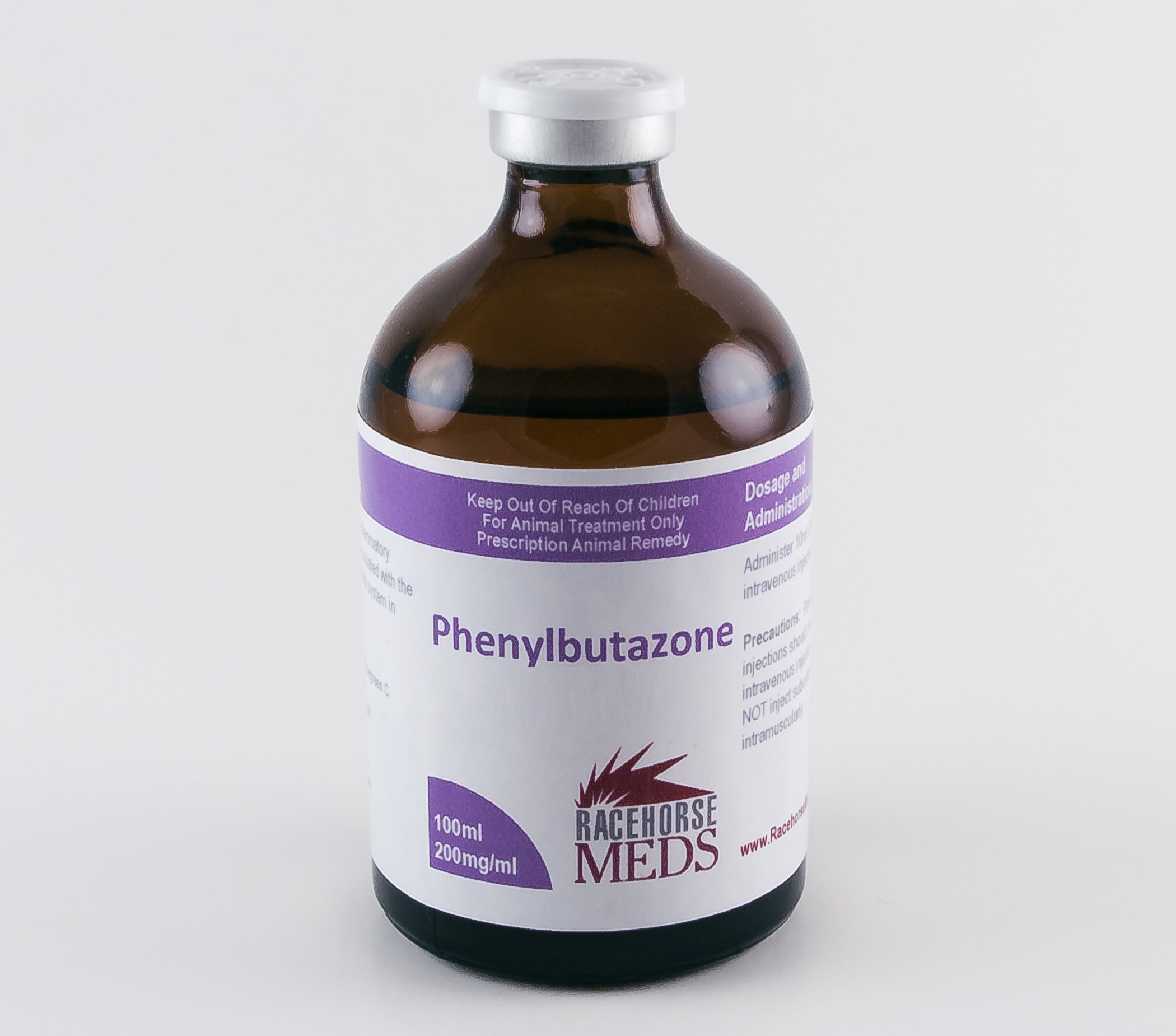
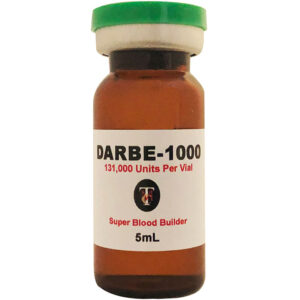
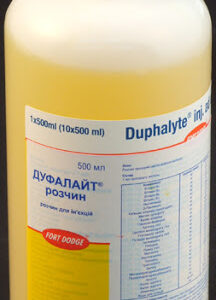
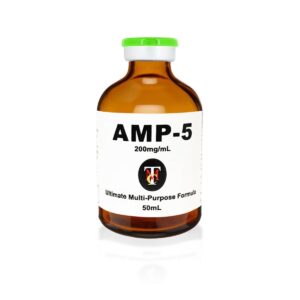
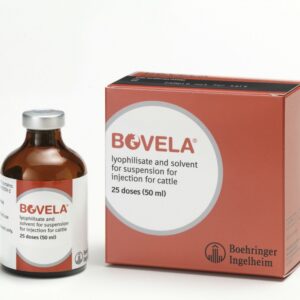
Reviews
There are no reviews yet.